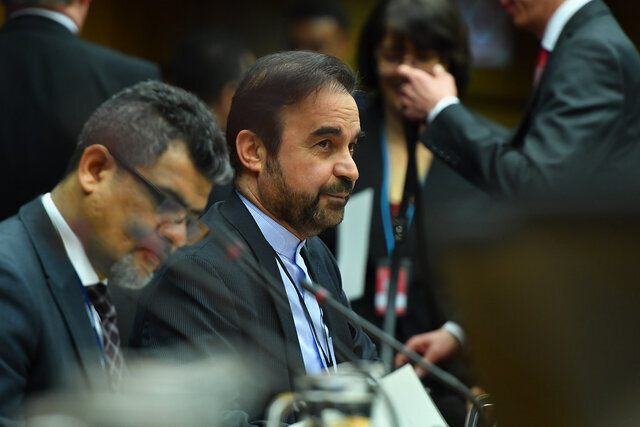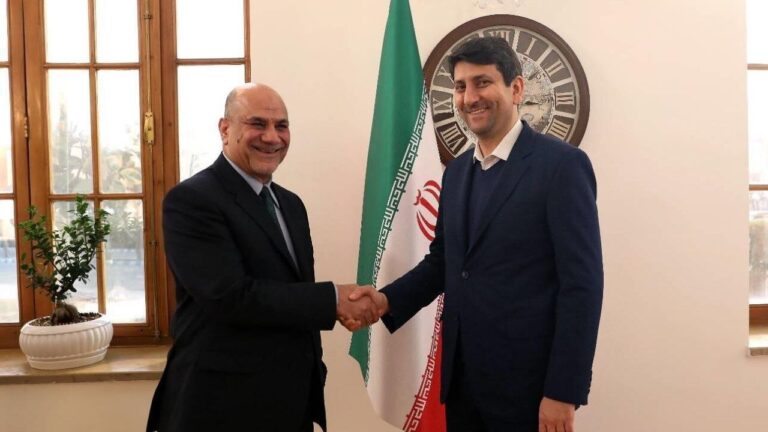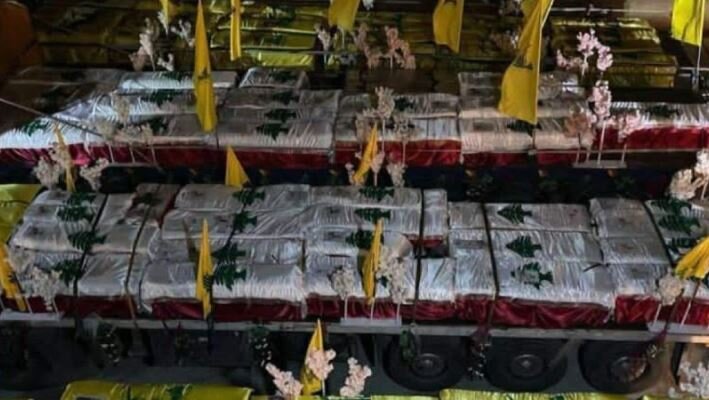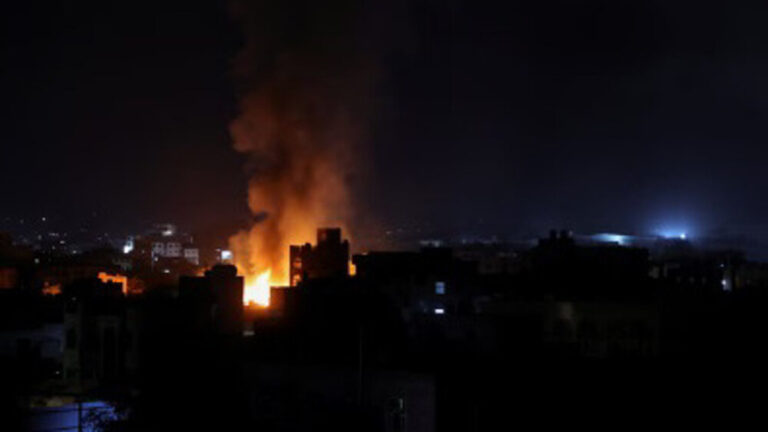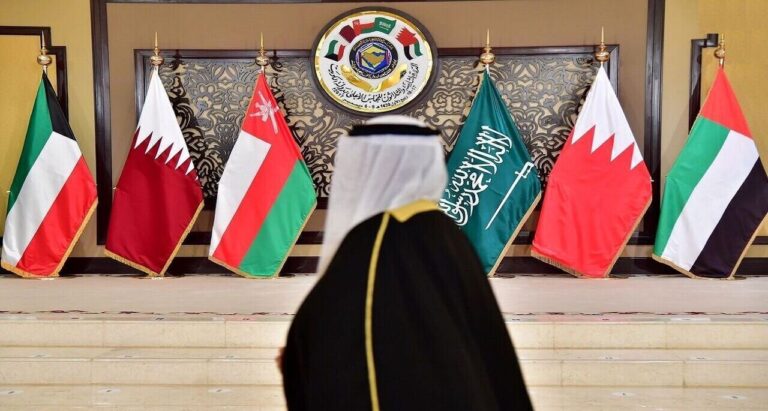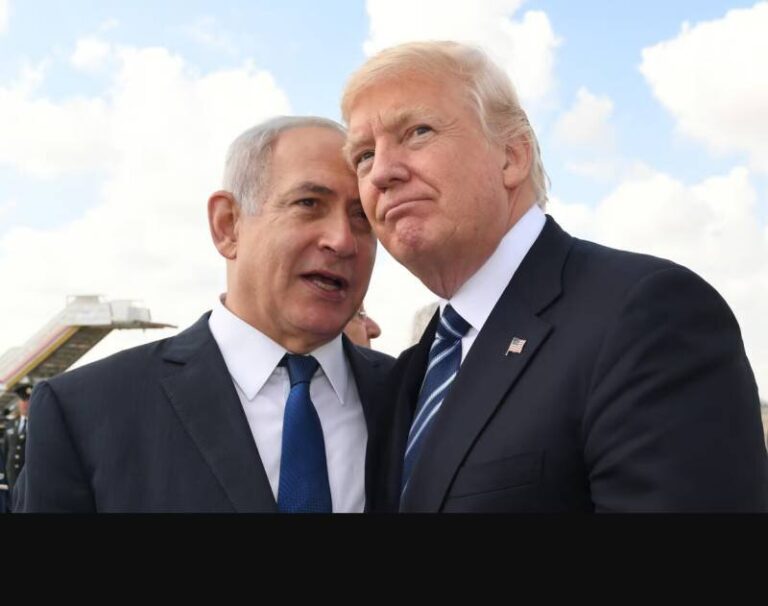Debate Erupts in Iraq Over Al Sharaa’s Controversial Invitation to Baghdad Arab Summit
The recent announcement by Iraqi Prime Minister Mohammed Shia Al Sudani regarding the invitation extended to Syrian President Ahmad Al Sharaa for the upcoming Arab summit in Baghdad has sparked significant controversy within Iraq. This situation is particularly sensitive due to Al Sharaa’s controversial past, which involves affiliations with Al Qaeda in Iraq, a group known for its violent actions against both American and Iraqi forces following the 2003 U.S.-led invasion.
During a discussion at the Sulaimani Forum in Sulaymaniyah, Al Sudani confirmed the invitation, stating, “Yes, a formal invitation has been delivered to him, and he is welcome to attend and participate in the Arab summit,” as reported by The National. This statement has raised eyebrows and prompted discussions about the implications of having a figure with such a contentious history attend the summit.
The controversy surrounding Al Sharaa can be summarized through several key points:
- Historical Context: Al Sharaa was a senior field leader for Al Qaeda in Iraq, actively participating in combat against U.S. and Iraqi forces following the invasion that resulted in the fall of Saddam Hussein.
- Involvement in Terrorism: After the 2003 invasion, Al Sharaa was one of many foreign fighters who entered Iraq from Syria, contributing to the insurgency and subsequent violence in the region.
- Imprisonment: He was captured by American forces in 2005 and remained in prison until 2011, after which he returned to Syria.
- Formation of Terror Groups: Upon his return to Syria, he established an Al Qaeda-affiliated group that was engaged in conflict against the regime of President Bashar Al Assad.
- Break from Al Qaeda: In 2016, Al Sharaa severed ties with Al Qaeda and founded Hayat Tahrir Al Sham (HTS), which later gained significant control in parts of Syria.
This backdrop makes the invitation to the Arab summit particularly contentious. Critics argue that inviting someone with Al Sharaa’s history could undermine Iraq’s efforts to combat terrorism and foster stability in the region. The implications of such an invitation extend beyond Iraq’s borders, potentially affecting relations with neighboring countries and international allies.
Furthermore, the decision to invite Al Sharaa has led to a polarized reaction within Iraq. Many citizens and political factions express strong disapproval, feeling that it may legitimize a leader with a notorious past. Others believe that engaging with Al Sharaa could be a strategic move to stabilize relations within the Arab world.
In this context, it is essential to consider the broader implications of the summit. The Arab summit serves as a platform for discussing pressing regional issues, including security, trade, and cooperation among Arab nations. By inviting Al Sharaa, Iraq aims to show a willingness to engage with all parties involved in the regional dynamics, even those with controversial histories.
Moreover, this invitation could be seen as a reflection of Iraq’s evolving political landscape, where leaders are tasked with navigating complex relationships in a region marked by longstanding conflicts and rivalries. Balancing the need for security with diplomatic outreach presents a significant challenge for the Iraqi government.
As the date for the Arab summit approaches, the discussions surrounding Al Sharaa’s invitation are likely to intensify. Stakeholders, including political analysts and the public, will closely monitor the situation, analyzing how this decision could impact Iraq’s standing in the Arab world and its efforts to combat terrorism.
In conclusion, the invitation extended to Syrian President Ahmad Al Sharaa by Iraqi Prime Minister Mohammed Shia Al Sudani has ignited a heated debate in Iraq. The historical context of Al Sharaa’s involvement with Al Qaeda and subsequent activities raises questions about the implications of such diplomatic gestures. As Iraq prepares for the Arab summit, the government faces the delicate task of balancing diplomatic engagement with national security concerns.

